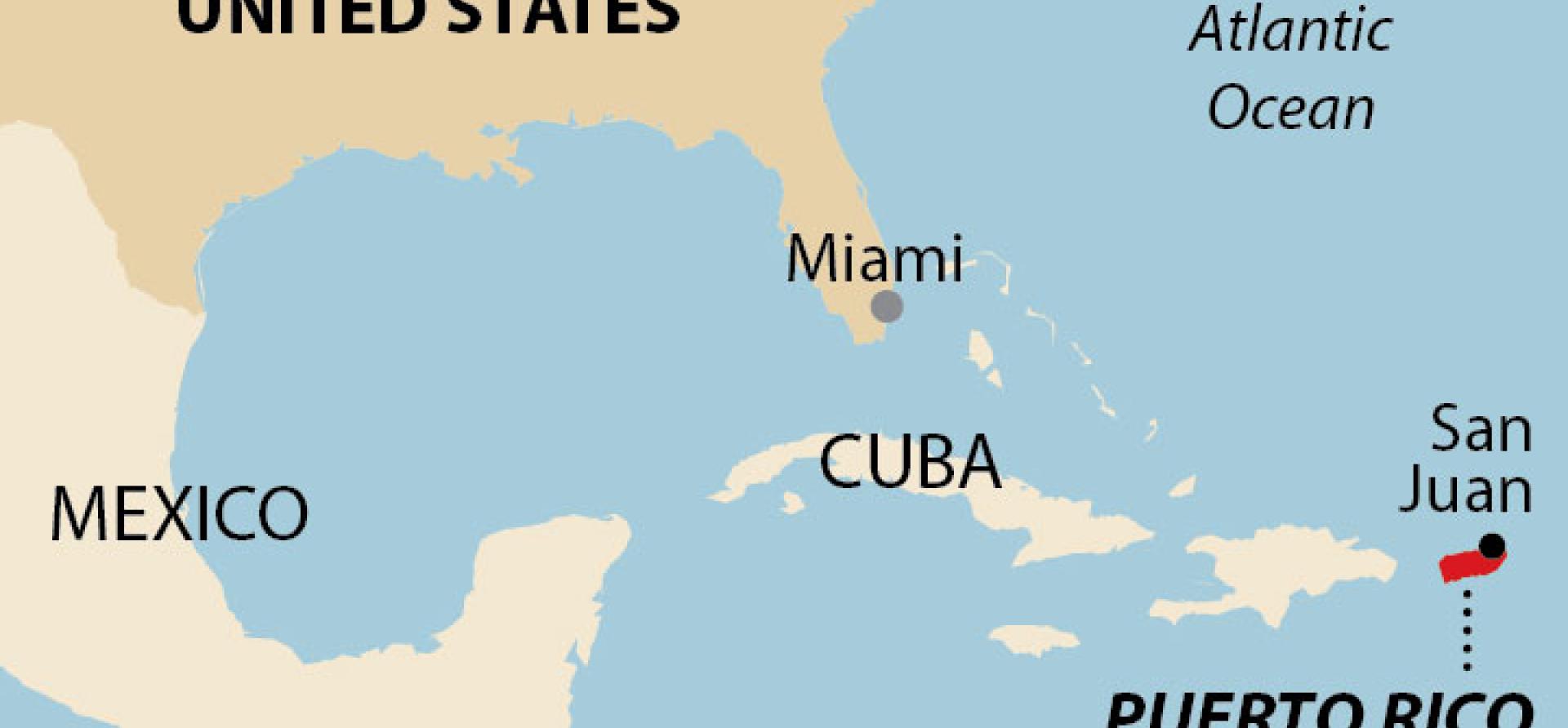IEEFA Puerto Rico: PREPA privatization means crushingly high electric rates

The Puerto Rican government is moving full-steam ahead with a series of privatization contracts for the Puerto Rico Electric Power Authority (PREPA) that are likely to lock customers into even more expensive electric rates than they currently pay. Instead of taking this opportunity to make electricity affordable and resilient, the government plan will tie the island to electric costs that will cripple its economy.
In “PREPA Privatization Will Hurt Consumers and Slow Economic Recovery”, a report released Jan. 31, IEEFA estimates that under Governor Ricardo Rosselló’s privatization plan, electricity rates will go up to 27 cents/kWh in five years. That’s an 18% increase over the current rate of 22.7 cents/kWh and 35% over the 20 cents/kWh or less that the economy needs. What’s worse, rates will continue to rise.
The governor’s plan calls for selling off PREPA’s existing power plants, entering into power purchase agreements with third-party power providers, and leasing the transmission and distribution system under a long-term concession. These contracts, which can be exempted from Puerto Rico’s long-term electrical system planning process, will likely result in an overbuilt generation system that is over-reliant on natural gas, raising costs for consumers. Another factor that will drive up rates is the high returns that private investors will likely demand for investments in Puerto Rico’s weak economy, in the absence of loan guarantees or other public subsidies (which have not yet been discussed).
THE SECRET CONTRACTING PROCESS THAT HAS BEEN SET UP TO MINIMIZE REGULATORY OVERSIGHT WILL RESULT IN OVERPRICED CONTRACTS. This is simply a continuation of PREPA’s history of politically driven contracting, marked by a multi-billion dollar oil scandal, overpriced renewable energy contracts, and the notorious Whitefish contract for the reconstruction of the grid after Hurricane Maria.
On top of the privatization contracts, we assume that the deal proposed last summer for restructuring PREPA’s legacy debt will be implemented, which calls for an initial surcharge of 2.6 cents/kWh, growing to more than 4 cents/kWh over time, in order to pay off the majority of PREPA’s hanging $9 billion in debt.
No hope for depoliticizing utilities.
Puerto Rico’s economy cannot sustain electricity rates at 27 cents/kWh and it would likely result in yet more defaults – and more fees for the financial consultants who are designing the current privatization framework. PREPA’s certified Fiscal Plan has set a target of affordable rates below 20 cents/kWh.
One of the main reasons articulated in favor of privatization is the need to depoliticize the governance of the electrical system.
HOWEVER, THE MANAGEMENT OF THE GENERATION, TRANSMISSION AND DISTRIBUTION SYSTEM UNDER PRIVATE CONTRACTS IS STILL BEING CARRIED OUT BY POLITICAL APPOINTEES CHOOSING POLITICALLY CONNECTED COMPANIES TO BUILD AN UNNECESSARILY EXPENSIVE SYSTEM. This is the direction that the privatization process is headed. Just last week, the Rosselló administration filled a subdirector position within PREPA that had been vacant since the Fortuño administration with a political appointee who has no expertise in energy. When asked about his credentials, PREPA’s director of human resources stated that they were seeking expertise in “process.”
There is no indication that the privatization contracts sought by Rosselló will result in the hoped-for depoliticization of the electrical system – nor in achieving affordability nor in reaching renewable energy goals. IEEFA recommends instead the introduction of an Independent Private Sector Inspector General (IPSIG) model to reform the governance of PREPA, under a public model that can take advantage of lower-cost public capital. The Rosselló administration has given no indication that it is interested in serious governance and contracting reforms for the electrical system. But only such reform – and not more contracts for political friends – will result in rates that are affordable and sustainable for the people of Puerto Rico.
Tom Sanzillo ([email protected]) is IEEFA’s director of finance. Cathy Kunkel ([email protected]) is an IEEFA energy analyst.
RELATED ITEMS:
IEEFA report: PREPA privatization will hurt consumers and slow economic recovery
IEEFA Puerto Rico: PREPA keeps relying on expensive consultants
















